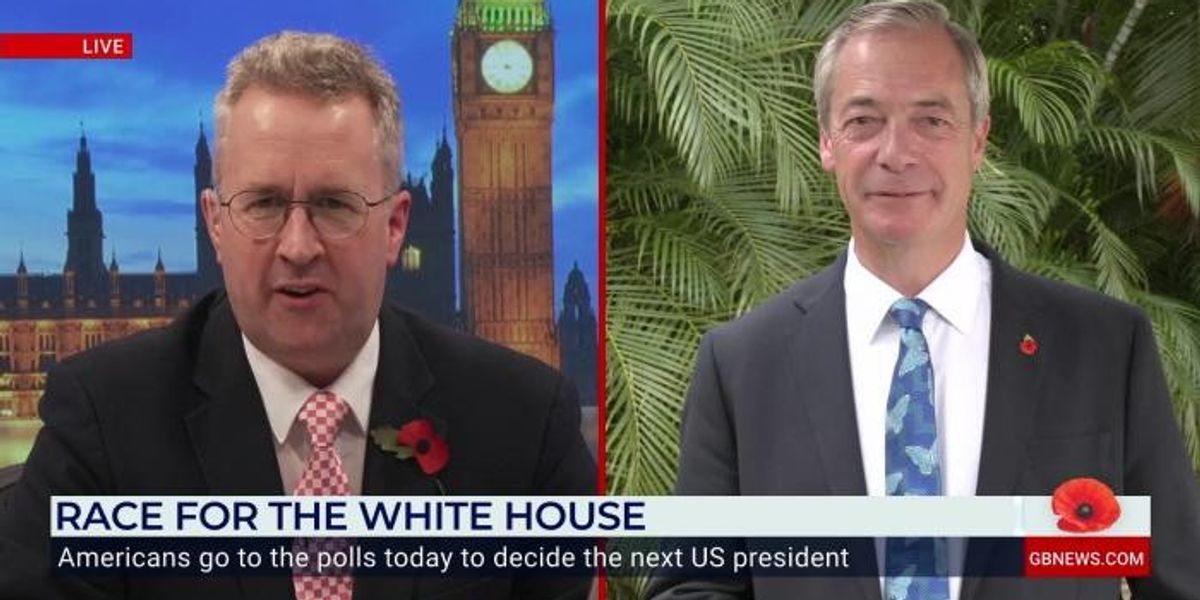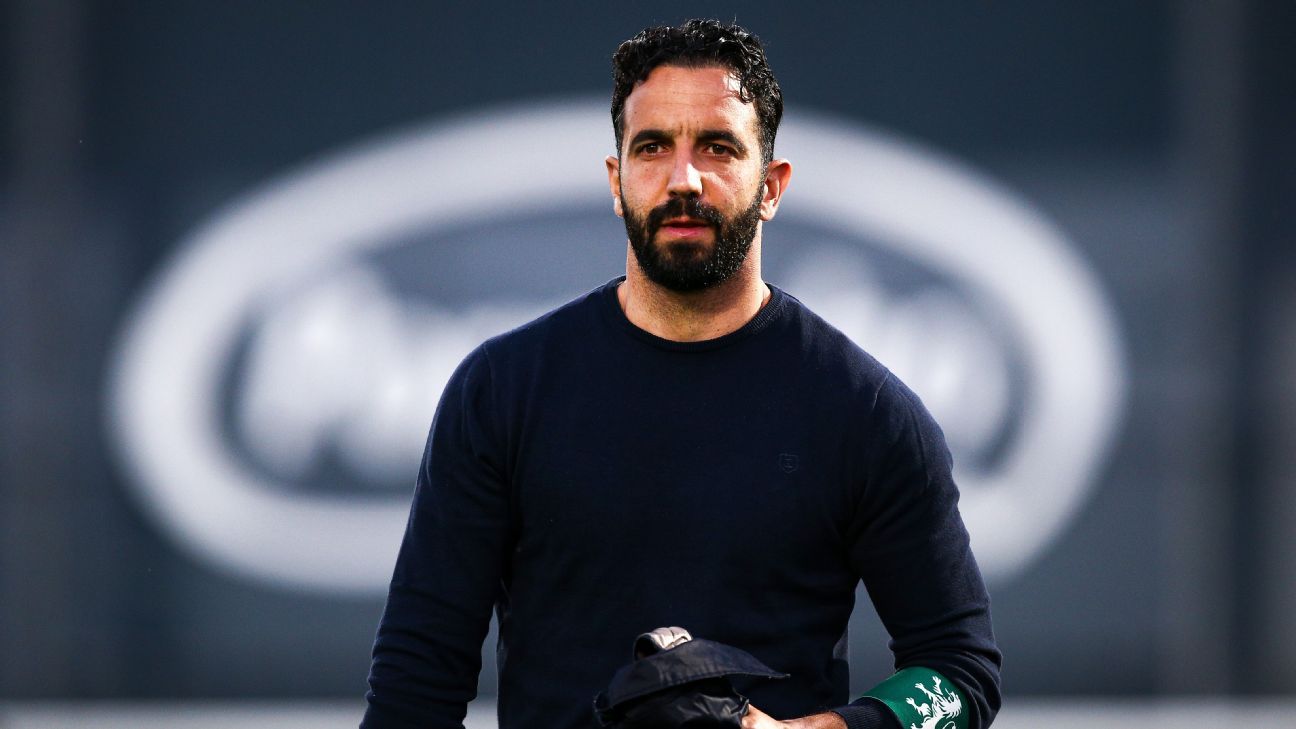Northern Command also believes that if Hezbollah had attempted an incursion along the northern border on October 7, it would not have reached as far as initially planned.
By AVI ASHKENAZI OCTOBER 30, 2024 19:46 IDF soldiers operate in Lebanon, October 26, 2024.
(photo credit: IDF Spokesperson’s Unit)
IDF soldiers operate in Lebanon, October 26, 2024.
(photo credit: IDF Spokesperson’s Unit)
The IDF's Northern Command has expressed satisfaction with recent efforts to curb Hezbollah's capabilities and believes the group would not have reached as far as initially planned had it attempted an incursion into northern Israel, Brig. Gen. (res.) Lior Shilo told Maariv on Wednesday.
The IDF believes Hezbollah was taken by surprise by Israel's tightened operational strategy and by how transparent it has become to Israeli intelligence over the years.
The Northern Command recently discovered a substantial weapons cache amassed by Hezbollah in southern Lebanon. The Northern Command also believes that if Hezbollah had attempted an incursion along the northern border on October 7, it would not have reached as far as initially planned, Shilo, Northern Command's battle commander, said.
Does the missile they fired this morning indicate the weak maintenance of Hezbollah, of being pushed back by the IDF?
"I advise against underestimating the enemy," Shilo said. "Yes, we are actively countering them, but they still have some capabilities, and we’re doing everything necessary to cut it off. Our pressure is having an impact and reducing their abilities. They’re struggling to execute the volume of fire they had planned, firing shots to demonstrate that they’re still in the fight, even if it means risking that their missiles won’t reach intended targets."
Defense Minister Yoav Gallant said at Northern Command on Tuesday that Hezbollah is down to only 20% of its firepower. How accurate is that?
"I won’t specify exact numbers, but there’s definitely been a significant reduction in their firepower," Shilo replied.
"A week to ten days ago, it was reported that two-thirds of their capacity had been neutralized, and now we’re progressing even further. That 20% estimate is likely close. Firepower is one of the three layers we’re targeting – weakening their forces, firepower, and Radwan units – to strip Hezbollah of its capacity to harm Israel."
You’re removing concrete barriers on northern roads, but some residents are concerned about anti-tank threats from Lebanon. How confident are you that there won’t be further civilian casualties?
"I can’t offer guarantees, but we’re doing everything to thwart their capabilities," Shilo said.
"Their infrastructure in villages is dismantled. We’ve inflicted substantial damage on the group’s abilities, and alongside that, we’re finding vast amounts of weaponry, including many missiles – which naturally diminishes their current ability to act against northern communities. But, above all, we rely on the deterrence we’re building, which plays a major role. Nasrallah himself said in 2006 that if he’d known the outcome of the war beforehand, he wouldn’t have started it, and I believe Hezbollah will end up saying the same thing this time. Our operation is much more targeted and systematic."
Stay updated with the latest news!
Subscribe to The Jerusalem Post Newsletter
How helpful are the captives that you've captured during operations?
"The missions the command issues are intelligence-driven. Yes, these interrogations contribute, but mainly to previously known information. The enemy made adjustments, but we adapted as well," Shilo explained.
"Remember, every battalion went through intensive training before the mission, and the results show. It’s all part of the larger puzzle."
Why didn’t Hezbollah launch an attack to conquer the Galilee sooner?
"We’re constantly learning and reviewing. There are likely several reasons why they didn’t launch: deterrence, lack of capability, and other factors. We prepared for this well in advance. Knowing Northern Command’s defense plan inside and out, I don’t think they would've gotten far. If it had materialized, and while I don’t underestimate the enemy, my sense and understanding are that they would’ve only managed something symbolically significant, nothing more."
Shilo added, "As someone who served here in Lebanon as a young soldier in Operation Litani in 1978, then as a junior officer in the First Lebanon War, later as the command’s operations officer when the IDF was in the security zone, and as a commander in the Second Lebanon War, I see the current fight in ‘Swords of Iron’ and think the command is doing an excellent job."
"Unlike previous rounds, we are much more intelligence-based, more precise every time. There’s great cooperation across all branches – Military Intelligence, the Israel Air Force, sea, and ground forces, with regular and reserve soldiers fighting side by side. In our main operations room, you’ll see young soldiers who joined after October 7 alongside seasoned people like myself. Everyone’s working closely together, engaging in ongoing dialogue."
To what extent was Hezbollah surprised by the IDF's moves?
"It’s not any single action that’s surprising; it’s the entire method that’s caught them off guard. We’re handling things on the ground daily while also looking at the broader picture," Shilo observed.
"Hezbollah was surprised by how we’ve undermined their capabilities over the past year, hitting their command ranks – not only senior leaders but systematically targeting commanders at every level. Hezbollah expected us to operate as we did in 2006, launching an operation in a specific location, but we have responded in a focused, methodical way."

 By The Jerusalem Post (World News) | Created at 2024-10-30 18:00:06 | Updated at 2024-11-05 21:17:02
6 days ago
By The Jerusalem Post (World News) | Created at 2024-10-30 18:00:06 | Updated at 2024-11-05 21:17:02
6 days ago








